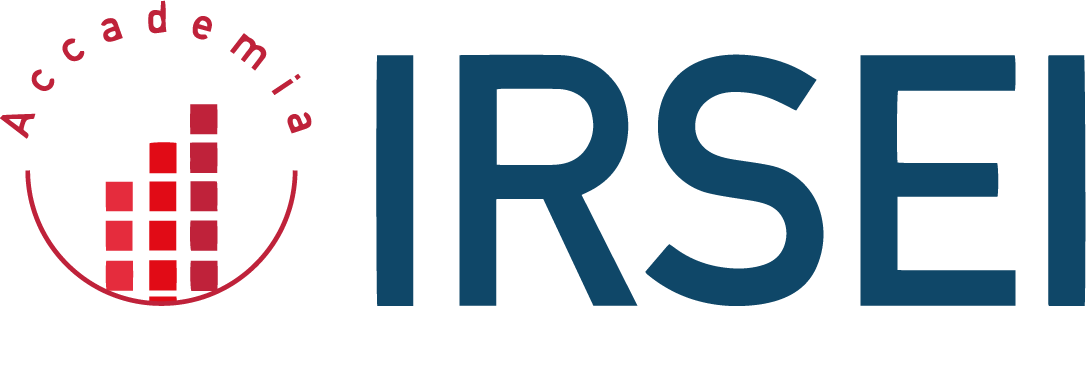DIGITMI – Empowering digital entrepreneurial skills of unemployed or in transition adults through microlearning
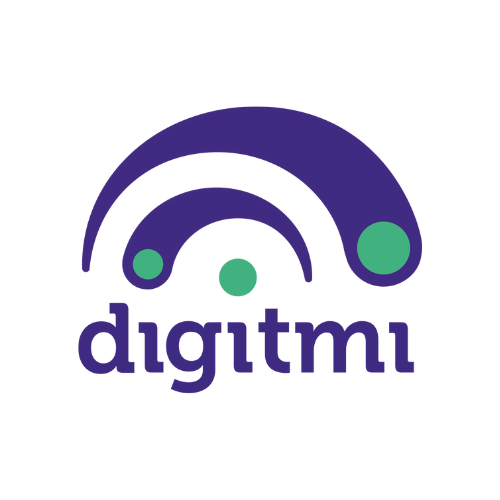
PROJECT NUMBER: 2023-1-AT01-KA220-ADU-000153178
TIMESPAN OF THE PROJECT: 01/11/2023 - 30/04/2026
FINANCING PROGRAM: Erasmus+

Objectives
The project aims to:
- Provide comprehensive training to develop essential skills for becoming successful digital entrepreneurs
- Offer practical knowledge and strategies to help participants launch and expand their online businesses effectively
- Instruct participants on how to establish and maintain a strong online presence for their business, including website development and social media management
- Educate participants on the techniques and tools required to market and sell their products or services through digital platforms
Activities
The project will engage in the following activities:
- Research on DIGITMI Skills
- Conduct an in-depth exploration of essential digital entrepreneurship skills crucial for success in the digital economy
- Gather comprehensive insights into the skill sets vital for the target group’s advancement in this domain
- DIGITMI Microlearning Course Development
- Create and implement DIGITMI microlearning courses designed to address identified skill gaps
- Empower individuals with the necessary knowledge and competencies in digital entrepreneurship
- Pilot Testing and Micro-Credentials Recognition
- Conduct pilot testing of the developed courses to ensure effectiveness and relevance
- Identify and validate micro-credentials that have significant recognition value
- Enhance upskilling efforts by providing tangible recognition for acquired digital entrepreneurship competencies
Results
The project will generate the following outcomes:
- Microlearning courses on topics such e-commerce management, social media marketing, SEO positioning, and set up of a professional website
- Pilot phase and Mentoring sessions where trainees will be supposed to assemble their “digital” business plan
- Micro-credential recognition scheme that allow the trainees to have the knowledge acquired certified through the open badges system
Partners
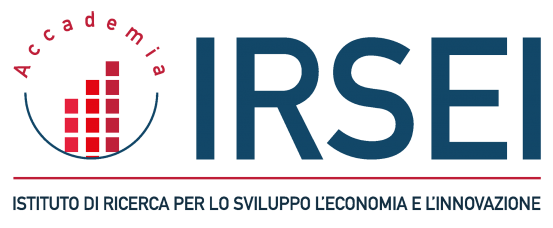
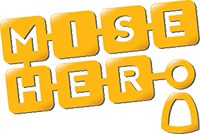
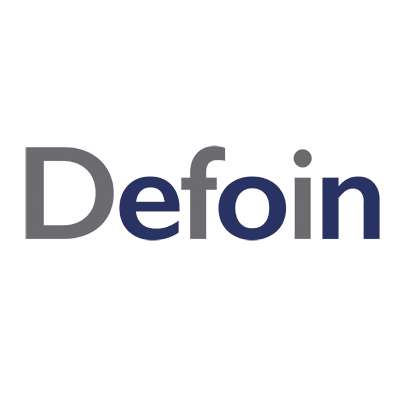

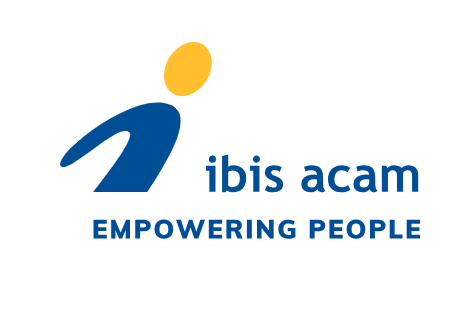
Funded by the European Union. Views and opinions expressed are however those of the author(s) only and do not necessarily reflect those of the European Union or the European Education and Culture Executive Agency (EACEA). Neither the European Union nor EACEA can be held responsible for them.
